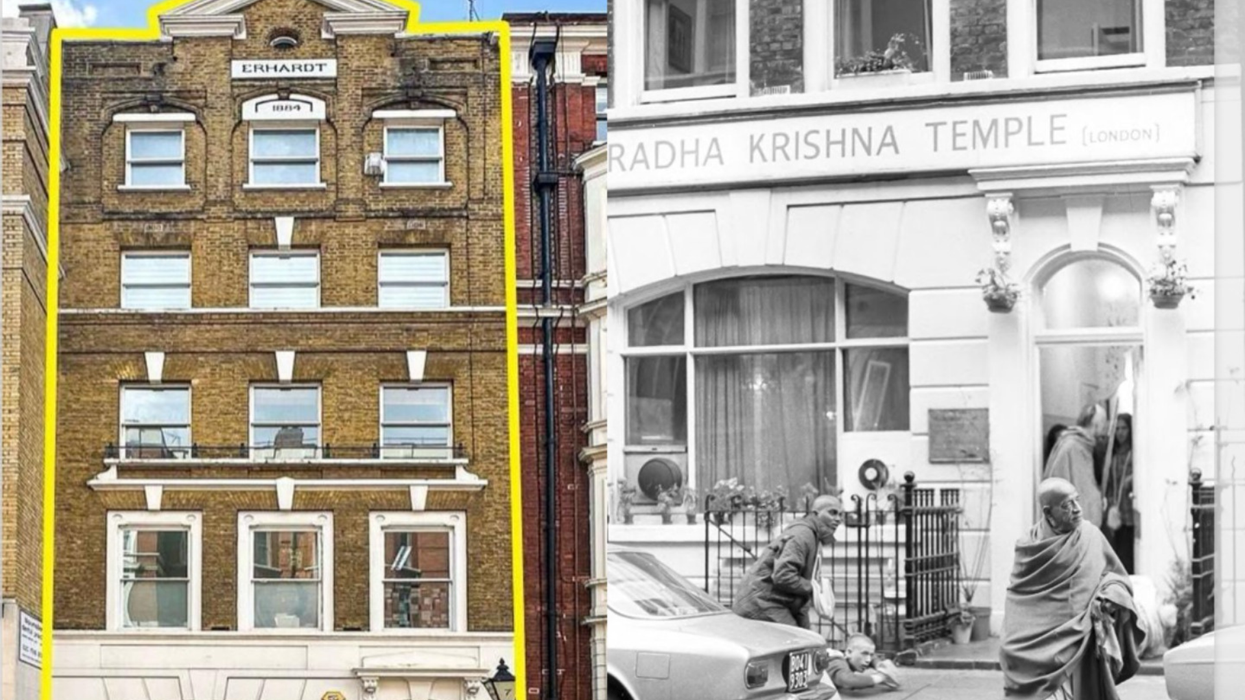An academic from the University of Oxford has led a new study to analyse the coronavirus pandemic, which indicates the vast majority of people who contract COVID-19 may suffer little or no illness.
Sunetra Gupta, a professor of theoretical epidemiology at Oxford who led the research alongside other colleagues, called on a focus on increased antibody testing to determine the levels of immunity already being built up in the UK population against the deadly virus, which has claimed 422 lives in the country.
''Even if it’s one in a hundred [who fall seriously ill] you still get to 35 per cent immunity,” said Gupta.
The new model from Oxford University suggests the virus could have been circulating in the UK since mid-January, around two weeks before the first reported case and a month before the first reported death, and may have already infected nearly half the population.
Prof. Gupta and her team of researchers caution that better information was needed on what portion of the population is vulnerable. Their study, which is based on assumptions about the most likely characteristics of the pandemic, are yet to be peer-reviewed or published in a journal but under their initial assumption-based model, half of the UK could now be immune.
“There is an inverse relationship between the proportion currently immune and the fraction of the population vulnerable to severe disease,” the study notes.
The central thrust is on greater testing as the tests being used by the NHS only show whether somebody has the disease when a sample is taken. Once the country moves to what is called serological testing, it would show whether somebody has acquired antibodies to fight it off, which would show their immunity levels as it confirmed if they have had it and recovered.
“Urgent development and assessment of such tests should be followed by rapid implementation at scale to provide real-time data. These data will be critical to the proper assessment of the effects of social distancing and other measures currently being adopted to slow down the case incidence and for informing future policy direction,” says the study.
“Fundamental principles of epidemic spread highlight the immediate need for large-scale serological surveys to assess the stage of the SARS-CoV-2 (COVID-19) epidemic,” adds Gupta.
The UK government said on Tuesday that it had bought 3.5 million antibody tests for coronavirus, promising that frontline doctors and nurses will be able in due course to find out whether they have been infected and are safe to go back to work.
The announcement came as UK health secretary Matt Hancock addressed a video-link press briefing from Downing Street on Tuesday evening to announce that the UK would be transforming a massive conference venue in east London, the ExCel Centre, into a makeshift hospital for 4,000 patients afflicted by the pandemic.
“The NHS Nightingale hospital will comprise two wards each of 2,000 people. With the help of the military and with NHS clinicians, we will make sure that we have the capacity that we need,” he said.
According to the latest UK Department of Health figures, there are now more than 8,000 confirmed cases of coronavirus in the UK – although the actual number cases is likely to be far higher. The country is under strict social distancing and "stay at home" conditions, announced by the government earlier this week.












